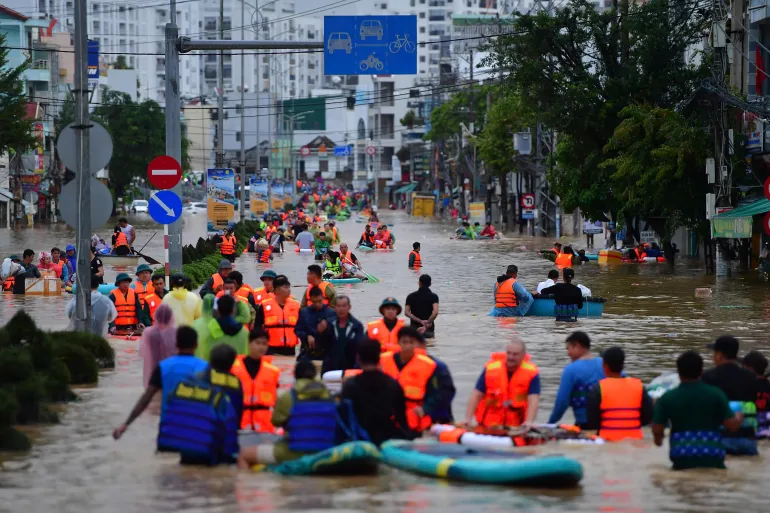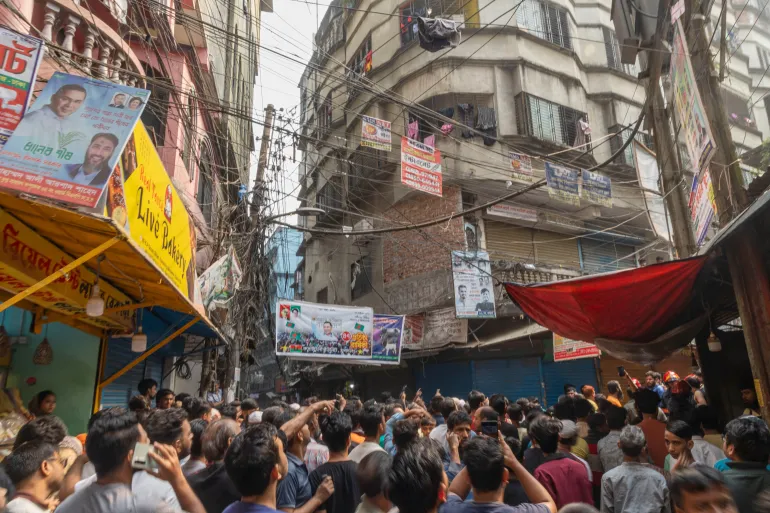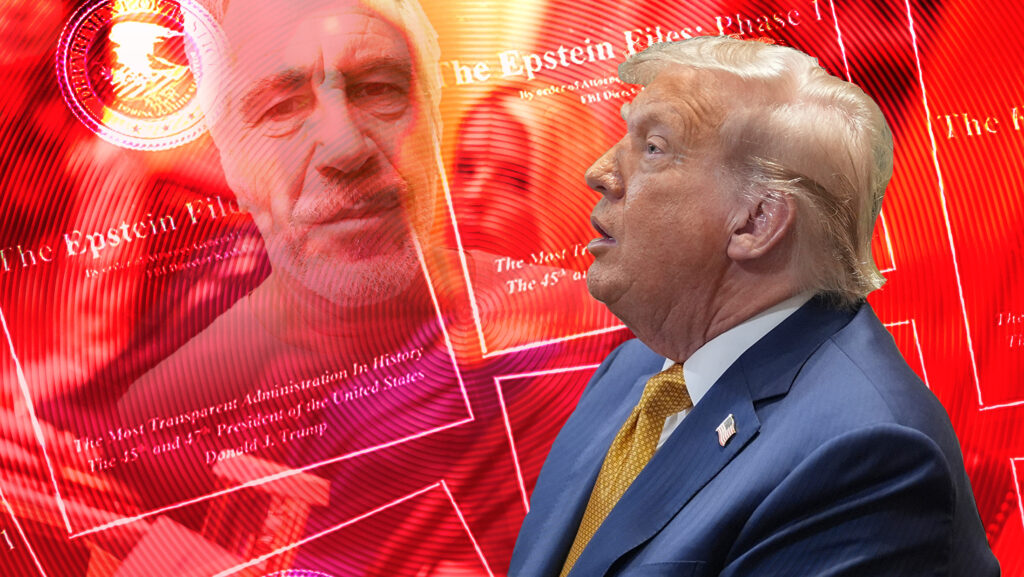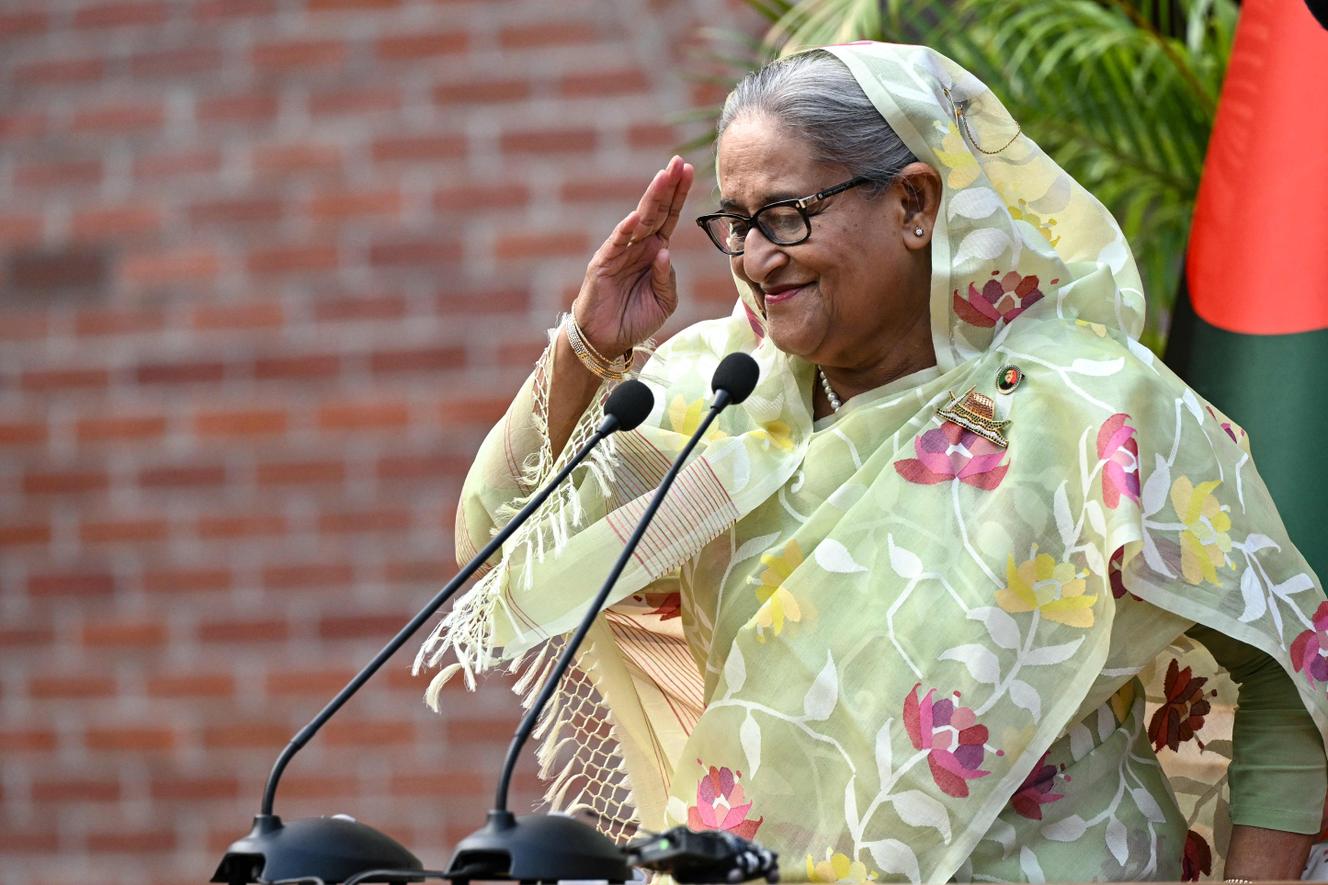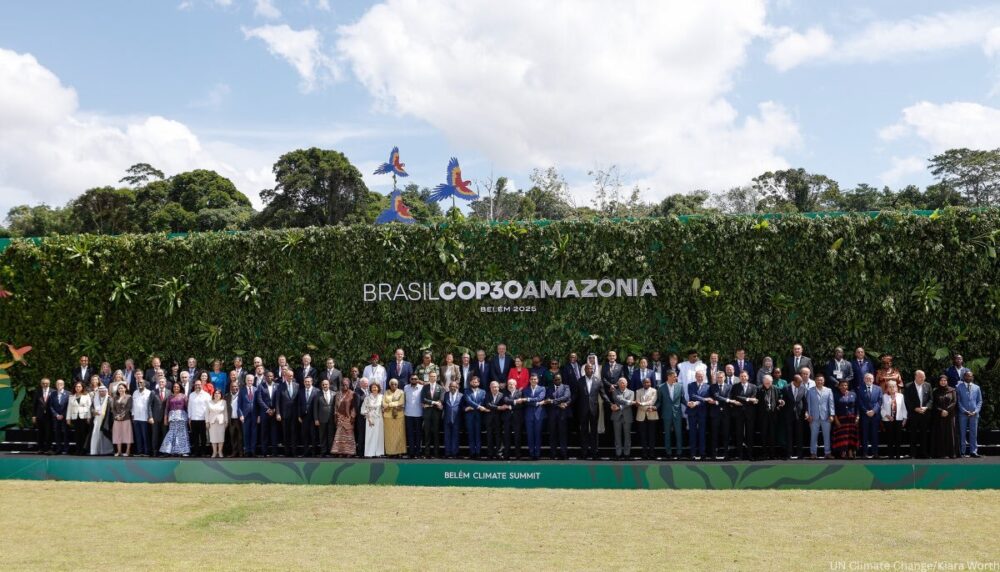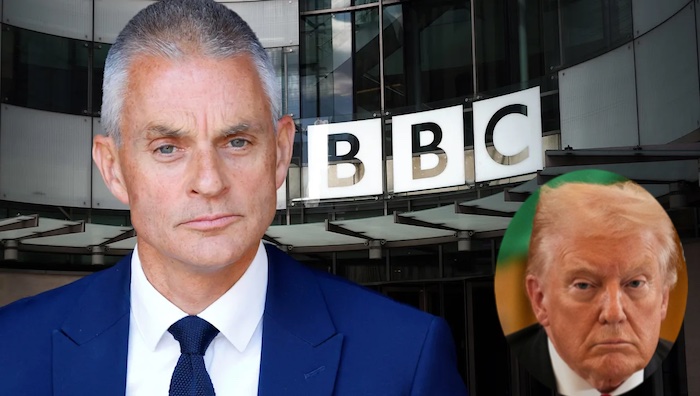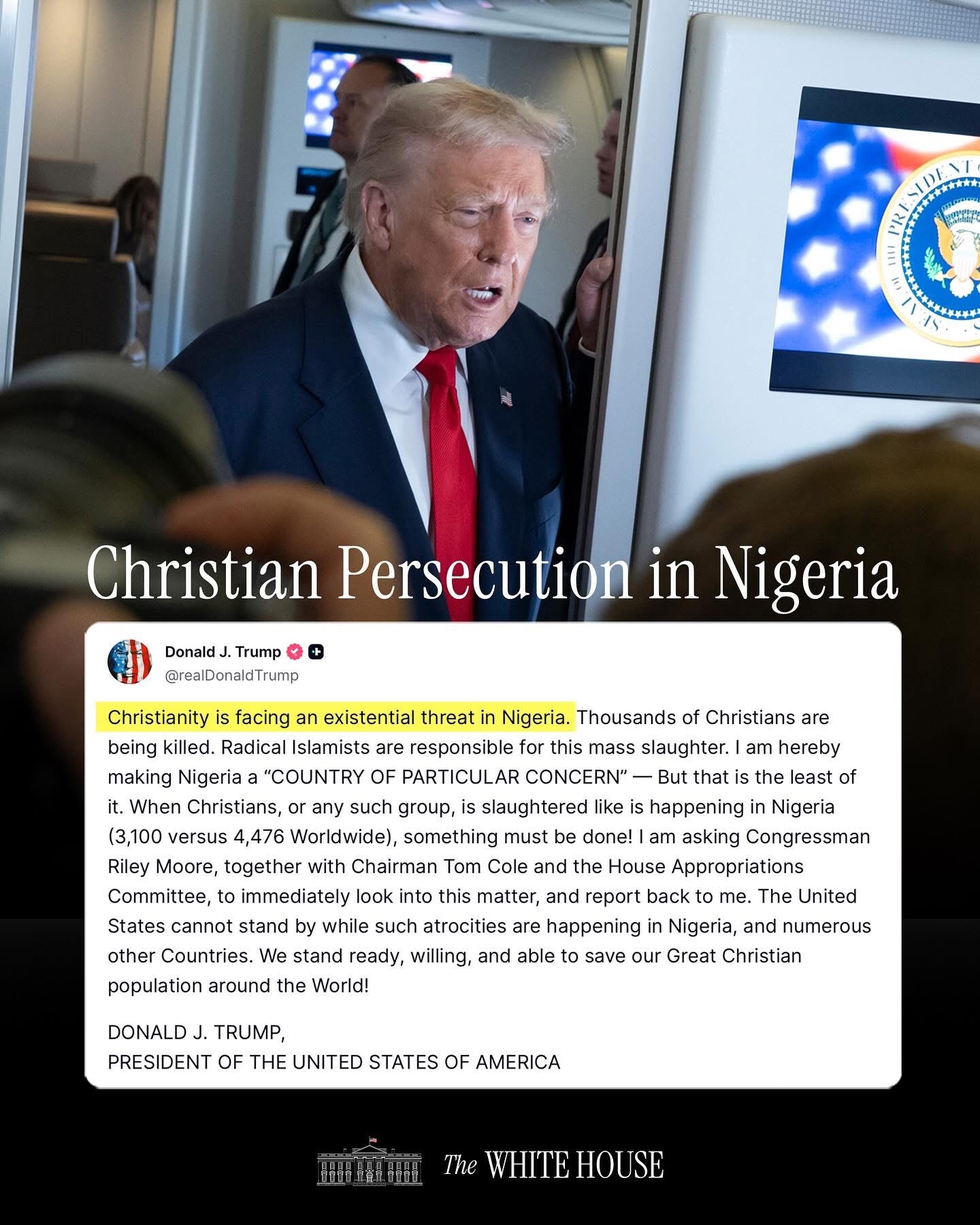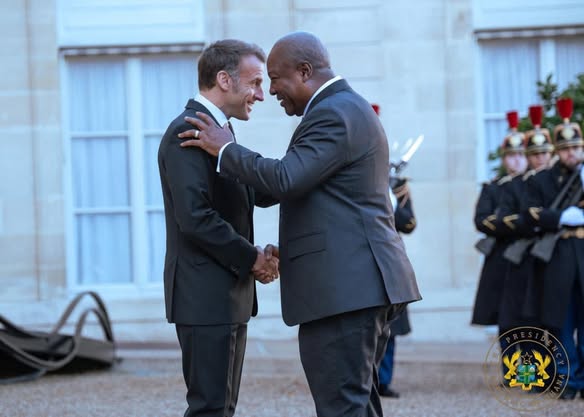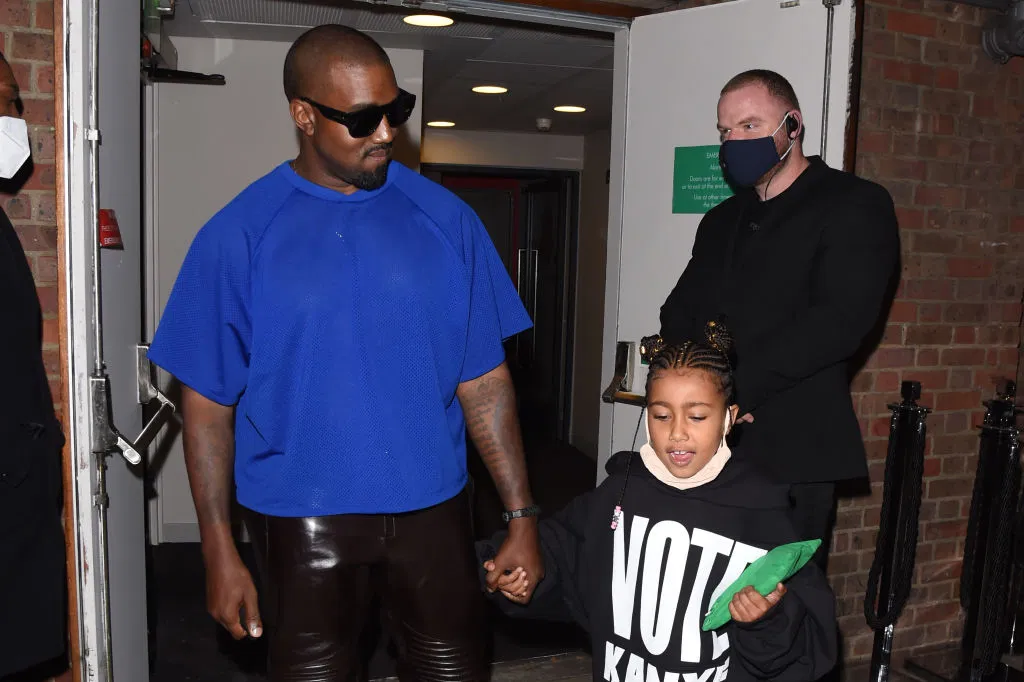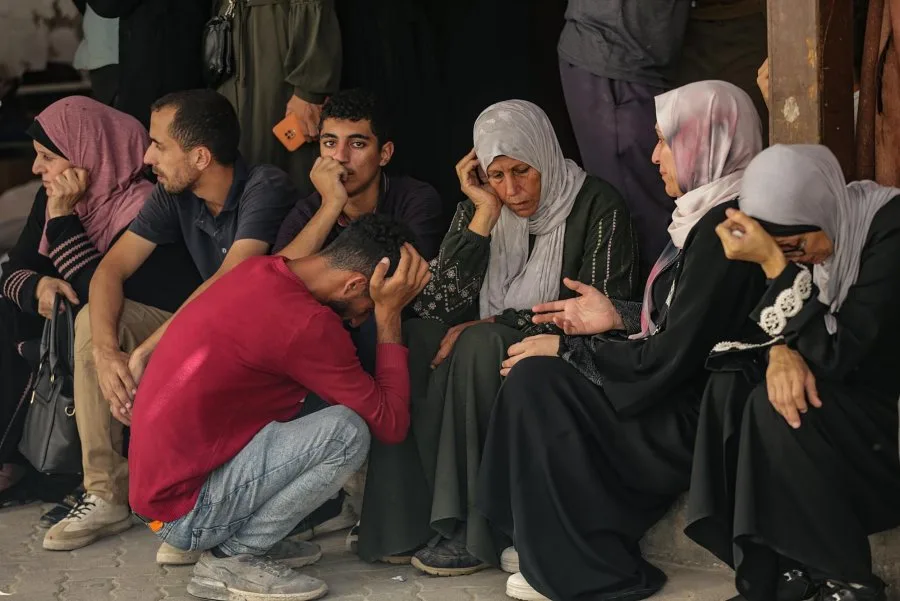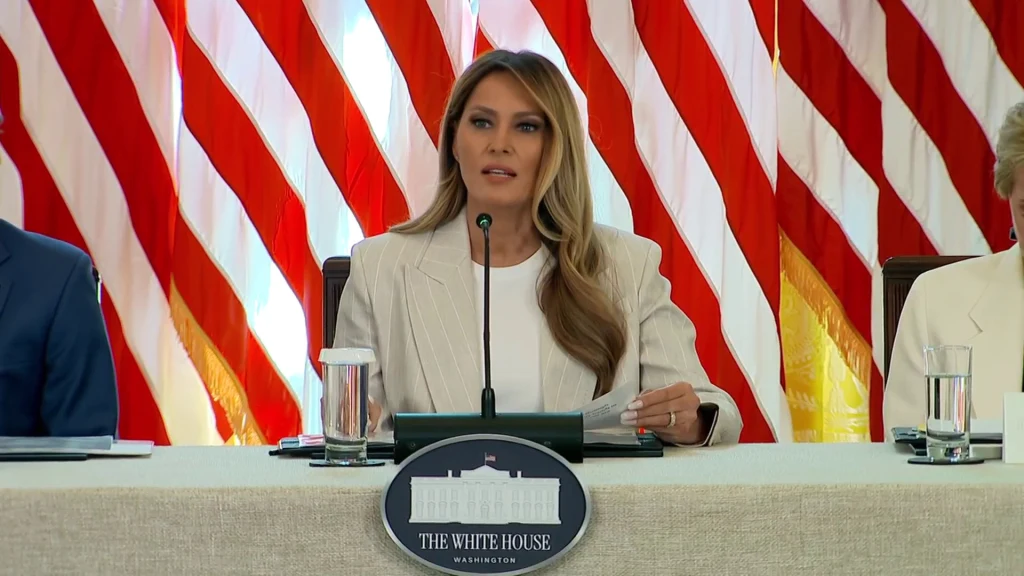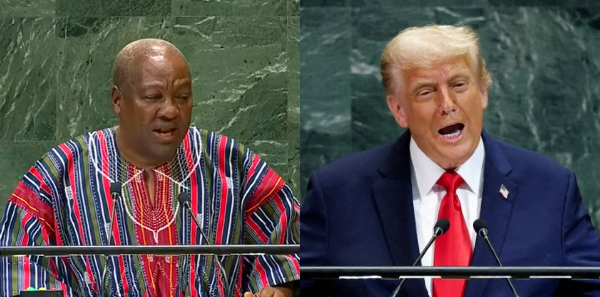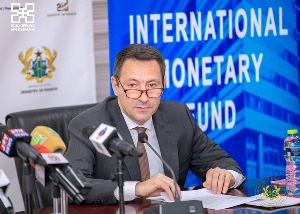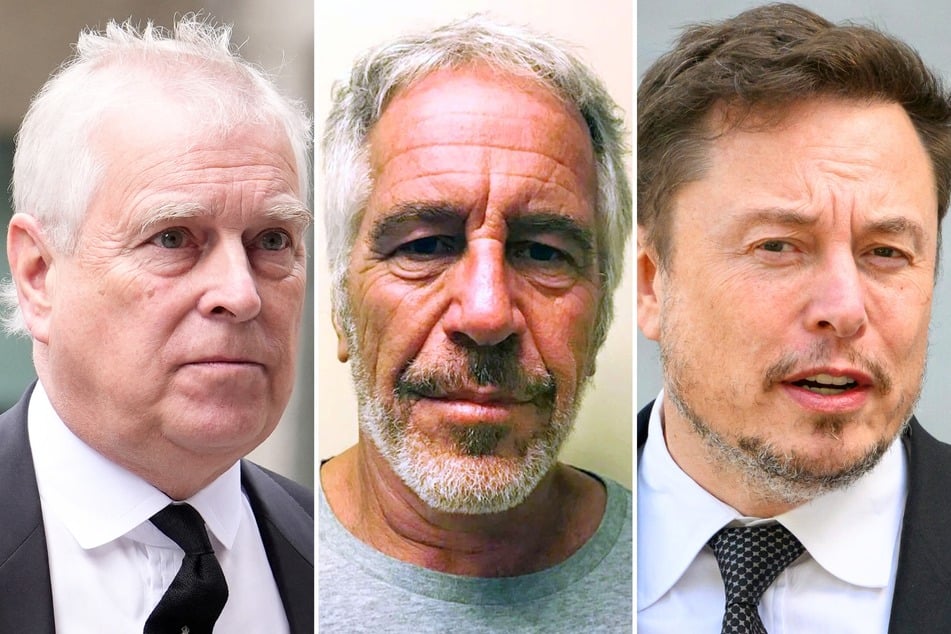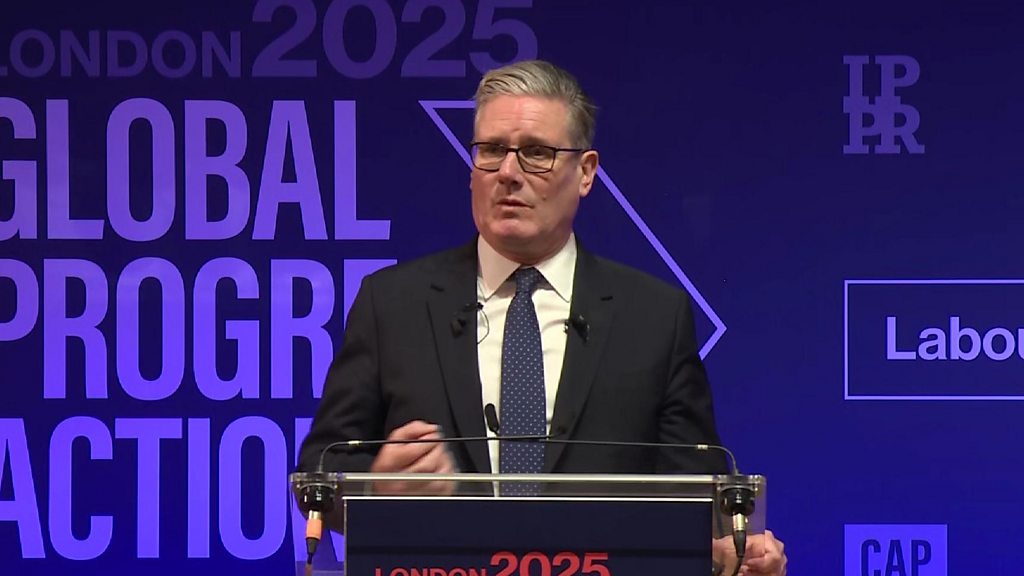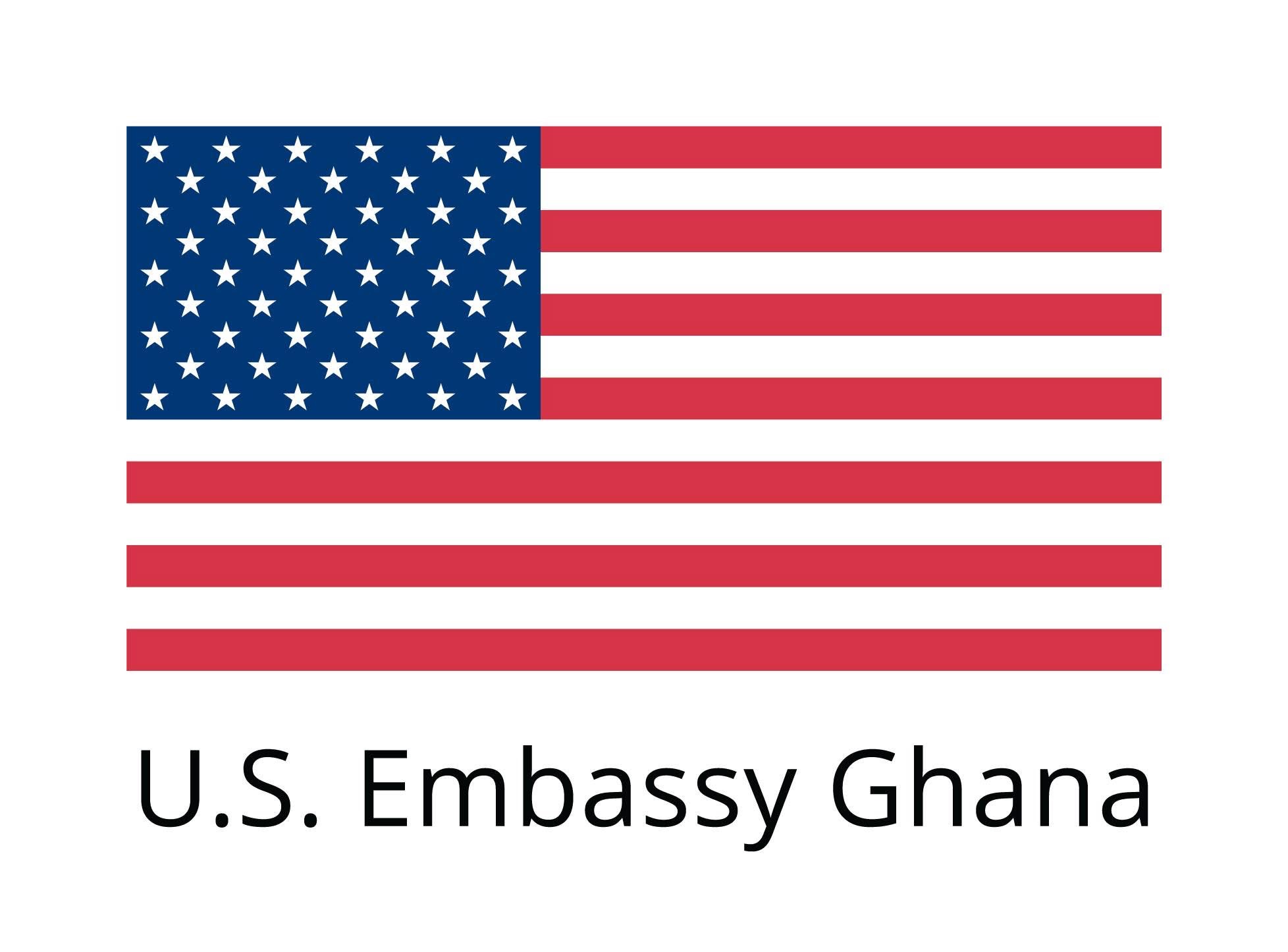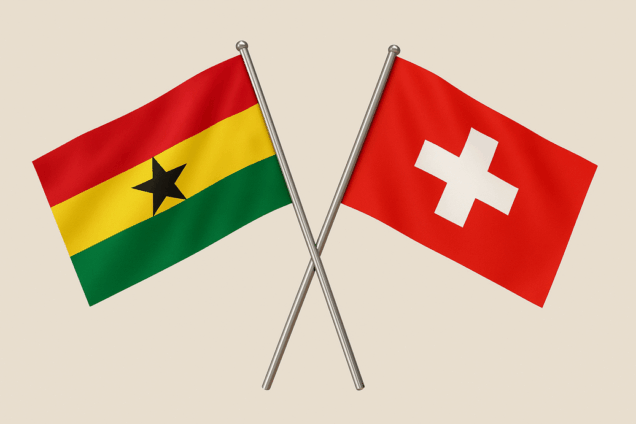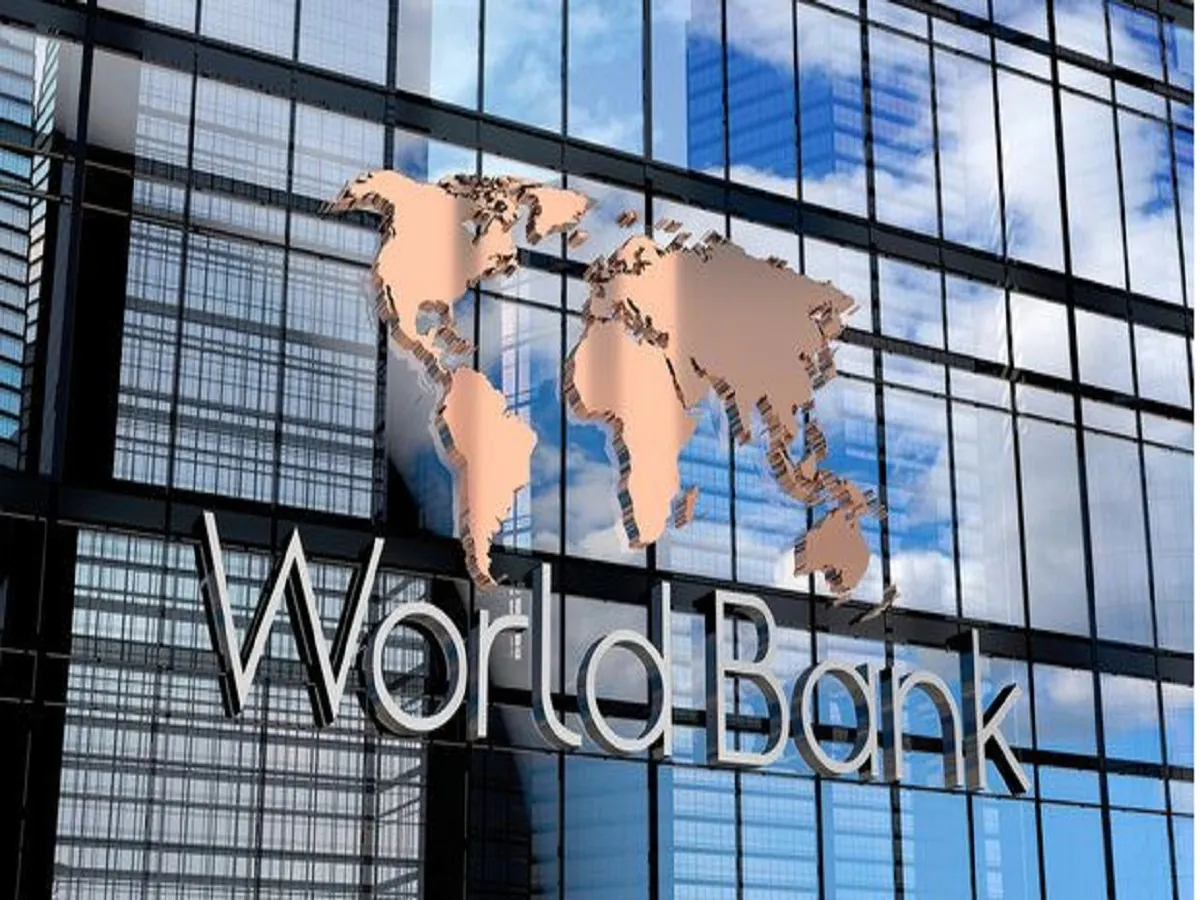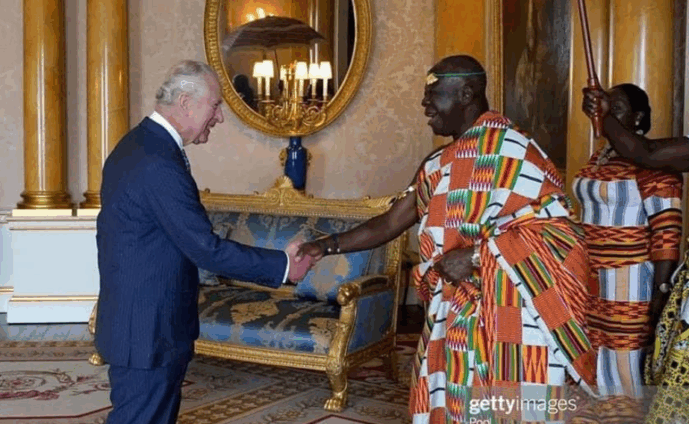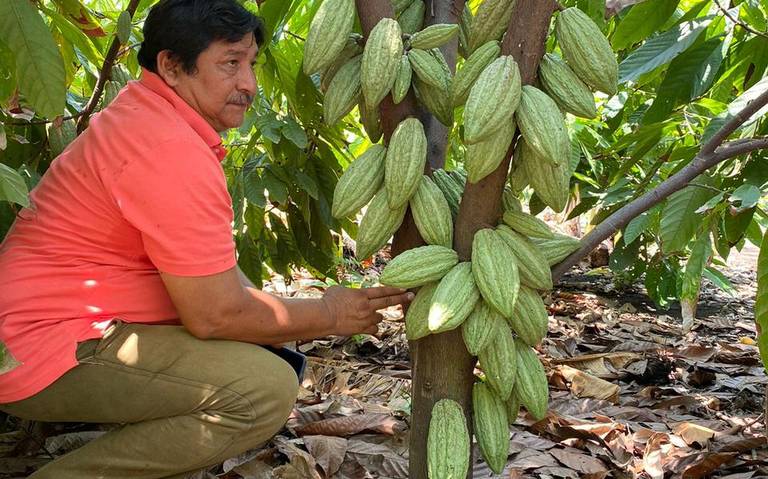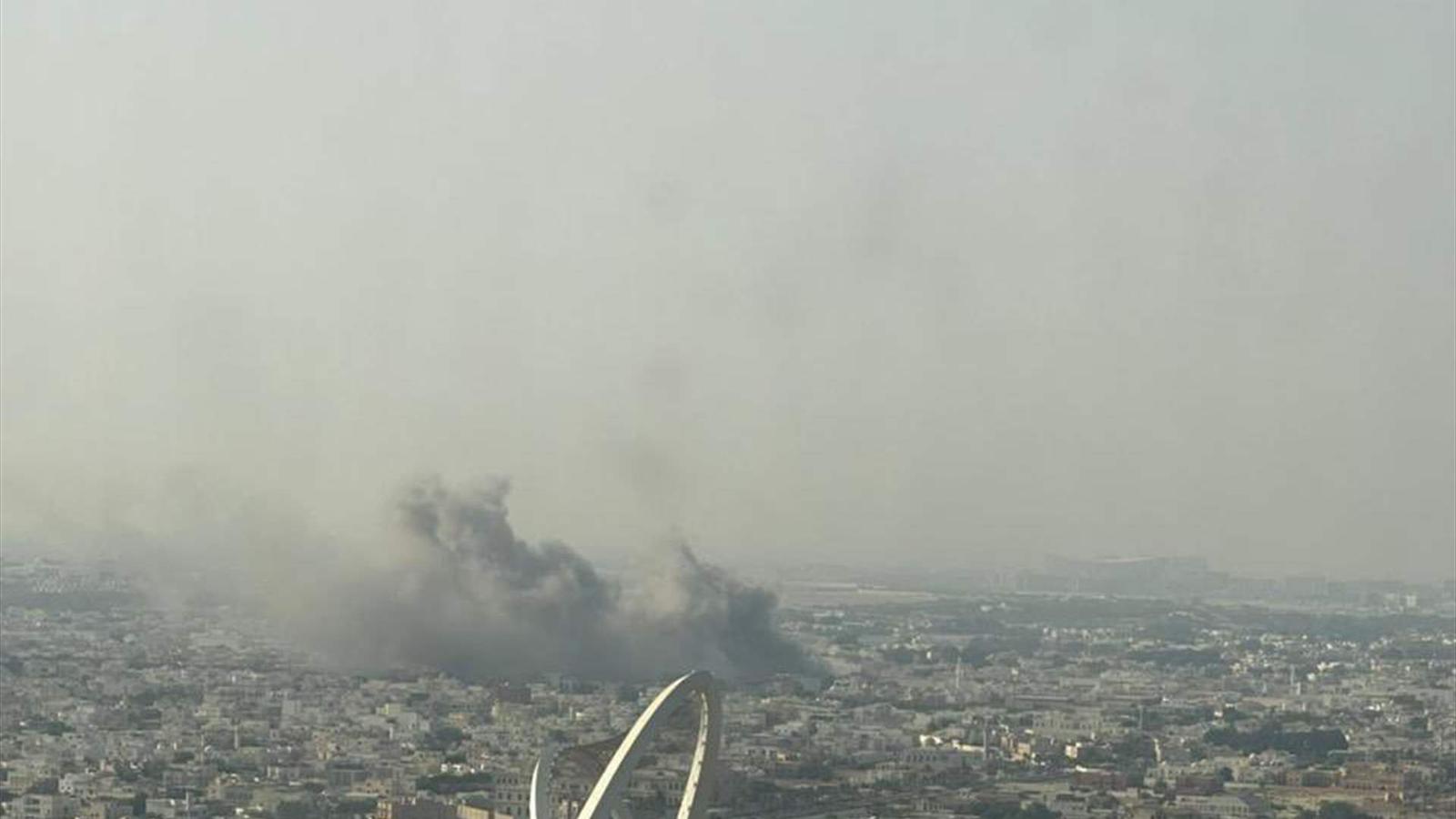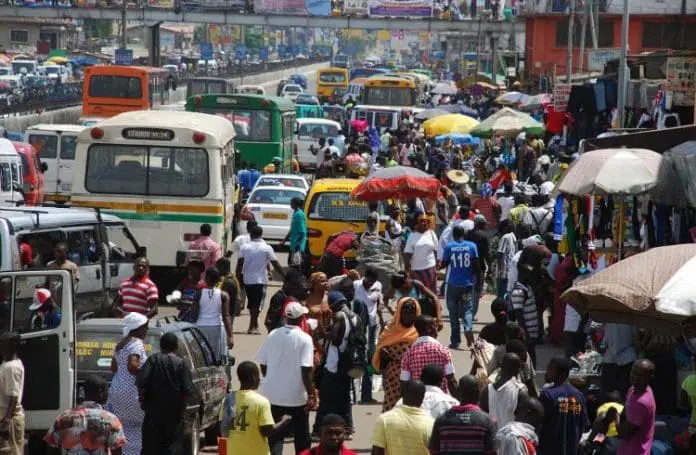
In a striking rebuke to Ghana’s ruling New Patriotic Party, the World Bank has publicly rejected the government’s narrative that the 2022 economic crisis was primarily driven by external shocks, namely the COVID-19 pandemic and the Russia-Ukraine war. Instead, the Bank asserts that the crisis was rooted in domestic policy mistakes and structural vulnerabilities.
Since the onset of Ghana’s economic troubles in 2022, government officials, including those during the Akufo-Addo administration, have consistently argued that the severity of the crisis was driven by external shocks. They maintained that the lingering effects of the COVID-19 pandemic and the global ripple effects of the Russia-Ukraine war compressed Ghana’s fiscal and balance-of-payments buffers.
These arguments were used to justify difficult austerity measures, inflationary pressures, currency depreciation, and the need to restructure debt.
World Bank Pushback
In its 2025 “Policy Notes on Ghana,” the World Bank says that while global headwinds did exert pressure, they were not the cause of Ghana’s macroeconomic breakdown in 2022. Rather, the Bank says, they exposed an economy already weakened by mismanagement, unsustainable borrowing, weak institutional foundations, and fiscal imbalances.
The report states:
“The deterioration of global conditions due to the COVID-19 pandemic and the Russian Federation’s invasion of Ukraine was not the cause of the 2022 macroeconomic crisis; rather, it merely exposed an economy already beset with deep structural vulnerabilities and precarious macroeconomic conditions.”
Notably, the Bank draws a sharp distinction: external shocks aggravated the problems, but were not the root cause.
Some of the weaknesses flagged by the Bank and by analysts include:
These were vulnerabilities already accumulating before 2022, the Bank argues, and were worsened, not created, by external disruptions.
Government reaction to the World Bank’s critique has been cautious. Some in ruling circles may resist the implication that policy missteps played a central role. Meanwhile, opposition parties and economic analysts have seized on the Bank’s statements as vindication of long-held criticisms about governance, fiscal discipline, and accountability.
If the Bank’s framing gains traction, it could reshape how Ghanaians and donors interpret responsibility for the crisis. It also raises stakes for reforms: improving debt strategy, public sector accountability, institutional capacity, and resilience to future shocks.
Some analysts warn that deflecting blame to externalities is politically expedient, but may hollow long-run credibility if reforms fail to follow.
What Comes Next
Observers will closely watch whether this reframing by the World Bank influences Ghana’s path forward, particularly in negotiations with creditors, international financial institutions, and in how future governments plan economic strategy.
For now, the message is unmistakable: Ghana’s 2022 collapse was not an inevitable fallout from global turmoil, but, in the Bank’s view, a failure to shore up fundamentals when it still could.
Discover more from Hot Stories Ghana
Subscribe to get the latest posts sent to your email.







